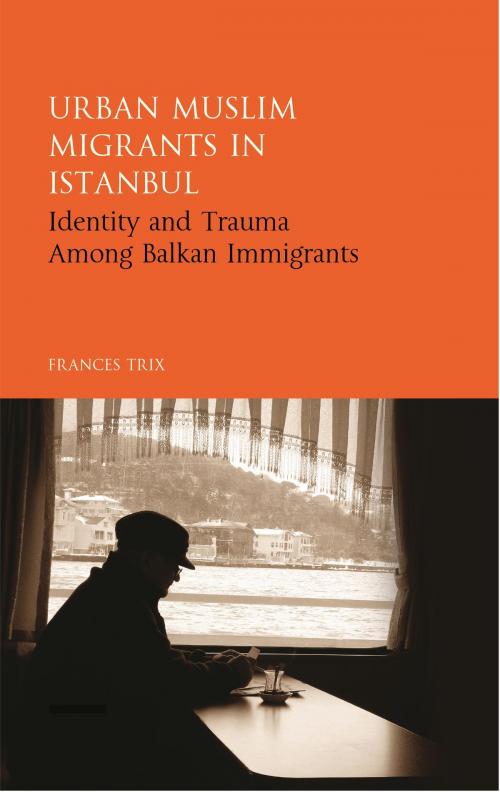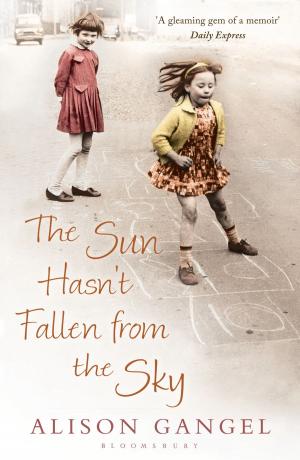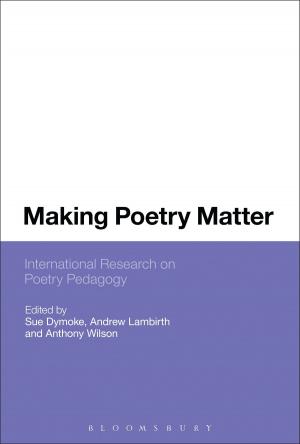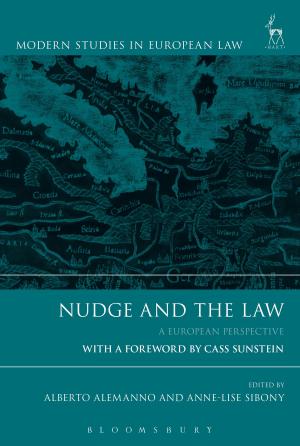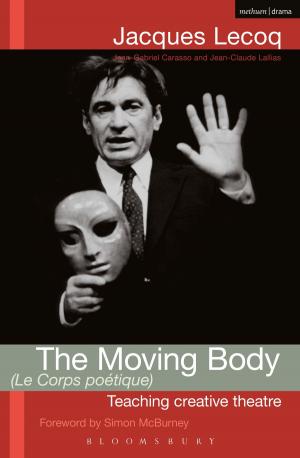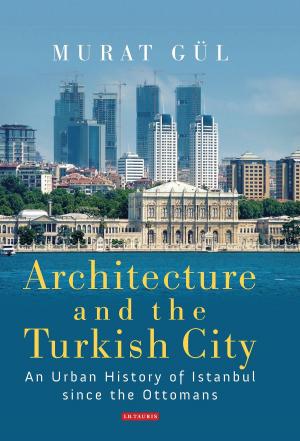Urban Muslim Migrants in Istanbul
Identity and Trauma Among Balkan Immigrants
Nonfiction, Social & Cultural Studies, Social Science, Business & Finance, History| Author: | Frances Trix | ISBN: | 9781786721082 |
| Publisher: | Bloomsbury Publishing | Publication: | October 26, 2016 |
| Imprint: | I.B. Tauris | Language: | English |
| Author: | Frances Trix |
| ISBN: | 9781786721082 |
| Publisher: | Bloomsbury Publishing |
| Publication: | October 26, 2016 |
| Imprint: | I.B. Tauris |
| Language: | English |
Since the Russo-Turkish War of 1877-8, approximately two and a half million Muslims living in the Balkans have been forced from their homes. Some fled following World War II, and travelled east by train to Istanbul with no more than a suitcase. And yet 50 years later, one of their migrant associations was second only to the Red Crescent in providing aid to the urban poor of Istanbul. Frances Trix analyses the development of the oldest such association, originally founded to welcome new migrants as they arrived from Skopje after World War II, and shows how Islam is central to its structure and practices. Her wide-ranging study variously focuses on its leadership, the growing role of women in the organisation, and the importance of music and poetry in coping with exile. In so doing, she raises wider questions concerning the preservation and articulation of identity amongst migrant communities. Urban Muslim Migrants in Istanbul is a rare ethnography of an Islamic urban group based on extensive archival research and interviews in various languages across Istanbul, Skopje and Kosovo. Trix's unique approach brings a human element to the study of forced migration, conflict and trauma and it is an important book for academics and policymakers interested in the Balkans, the Middle East, Turkey and migration studies.
Since the Russo-Turkish War of 1877-8, approximately two and a half million Muslims living in the Balkans have been forced from their homes. Some fled following World War II, and travelled east by train to Istanbul with no more than a suitcase. And yet 50 years later, one of their migrant associations was second only to the Red Crescent in providing aid to the urban poor of Istanbul. Frances Trix analyses the development of the oldest such association, originally founded to welcome new migrants as they arrived from Skopje after World War II, and shows how Islam is central to its structure and practices. Her wide-ranging study variously focuses on its leadership, the growing role of women in the organisation, and the importance of music and poetry in coping with exile. In so doing, she raises wider questions concerning the preservation and articulation of identity amongst migrant communities. Urban Muslim Migrants in Istanbul is a rare ethnography of an Islamic urban group based on extensive archival research and interviews in various languages across Istanbul, Skopje and Kosovo. Trix's unique approach brings a human element to the study of forced migration, conflict and trauma and it is an important book for academics and policymakers interested in the Balkans, the Middle East, Turkey and migration studies.
